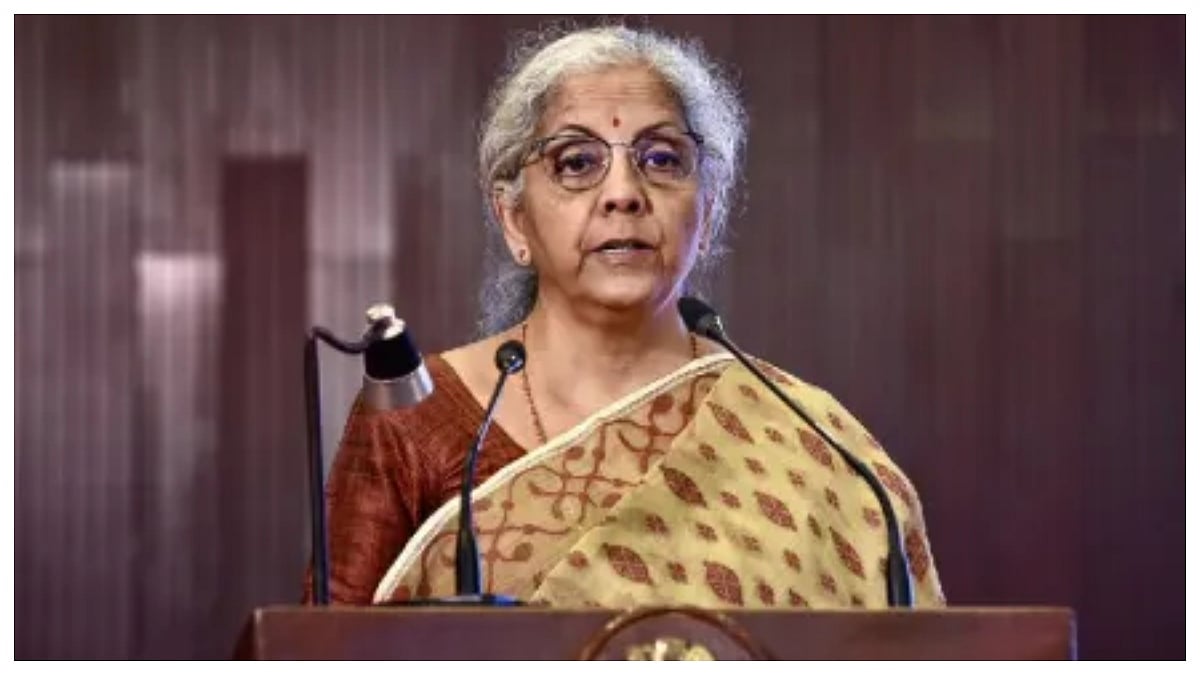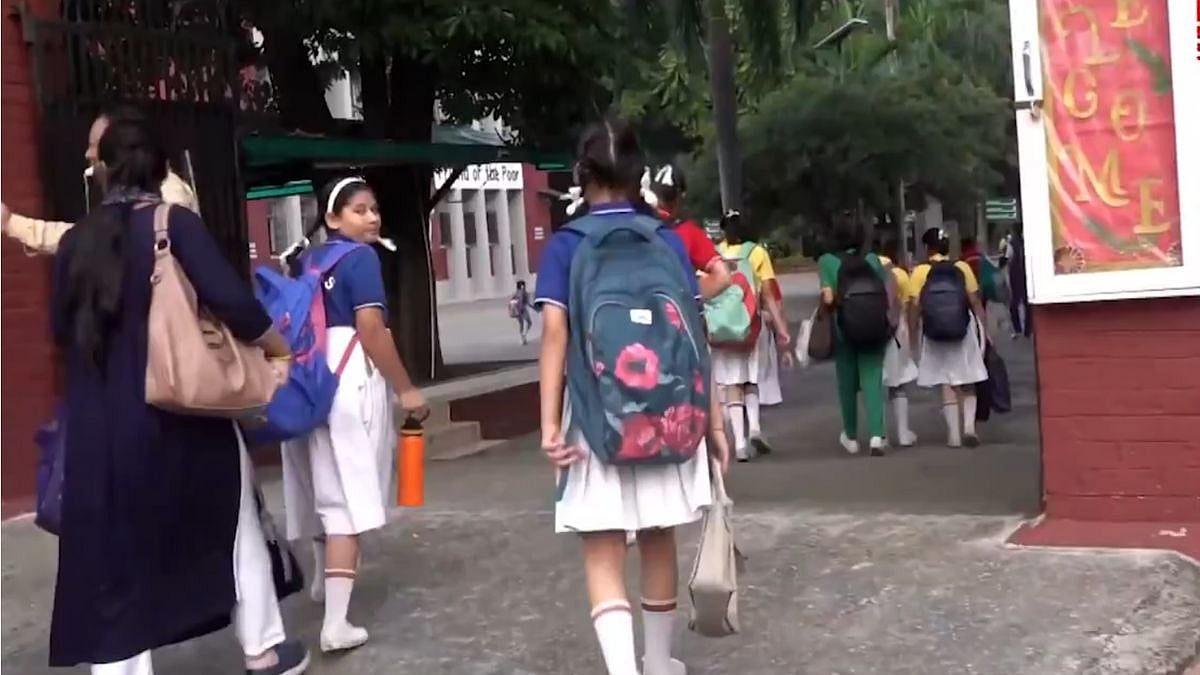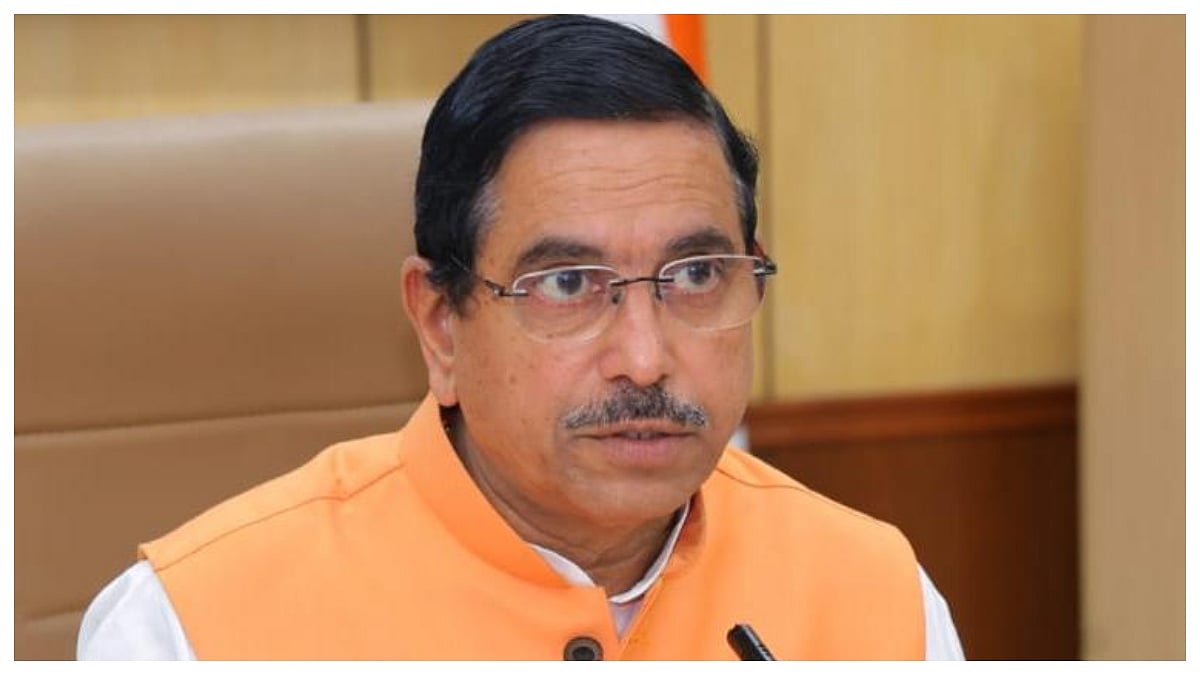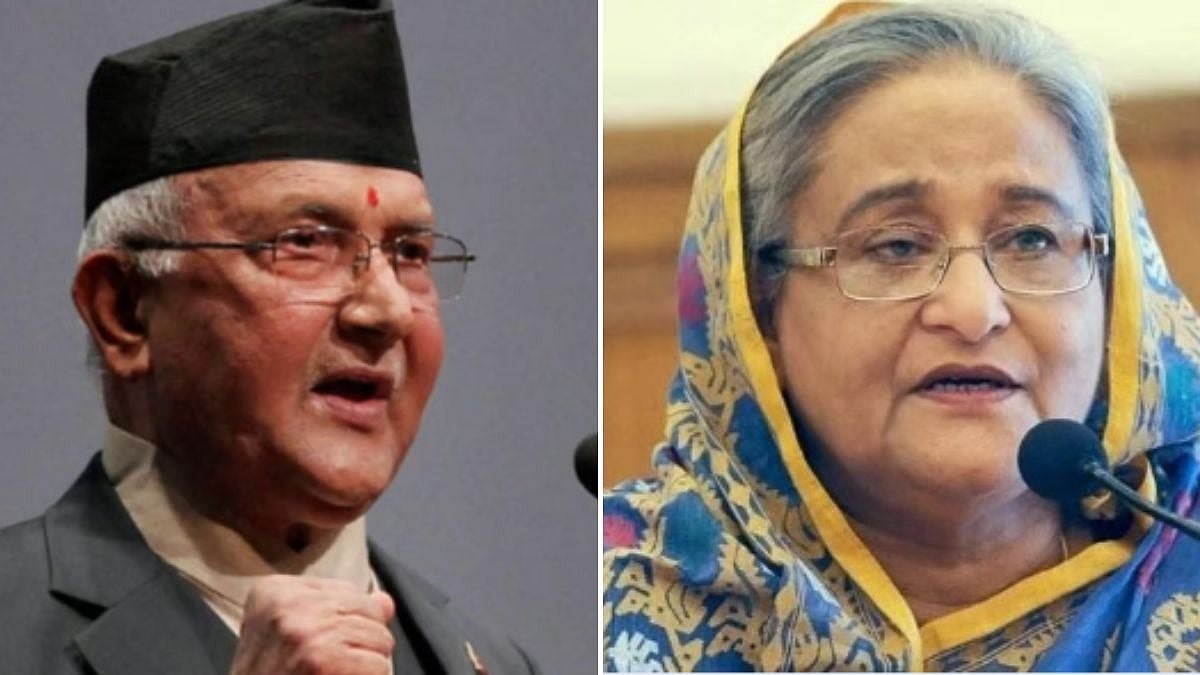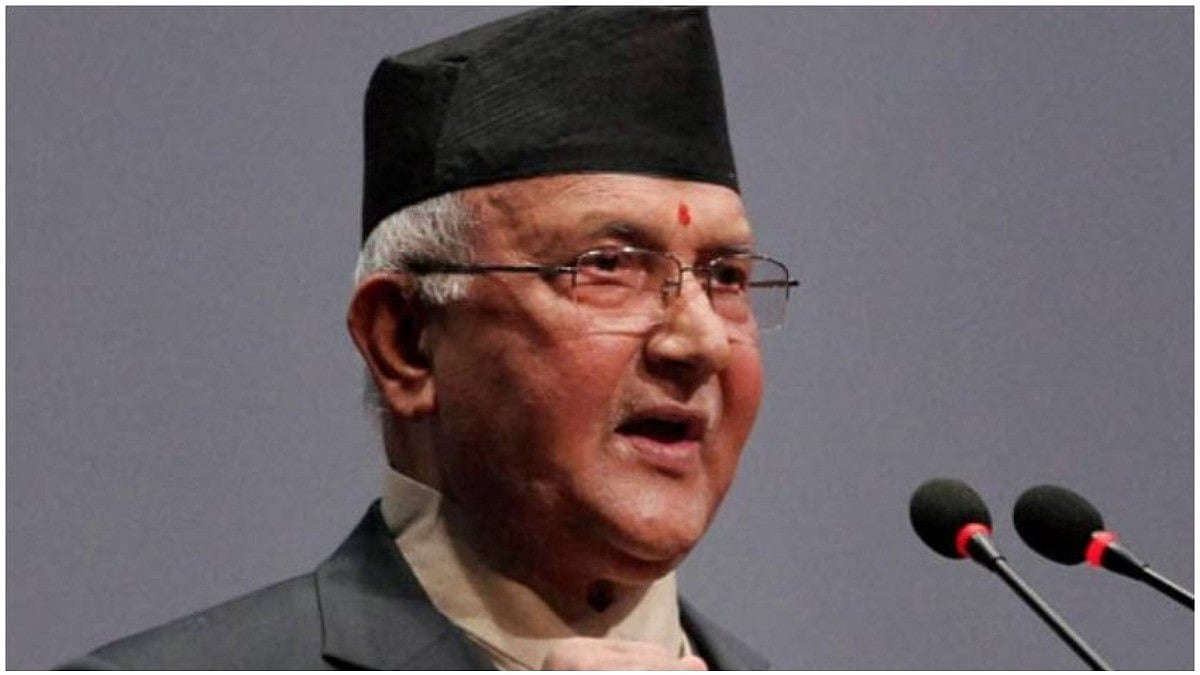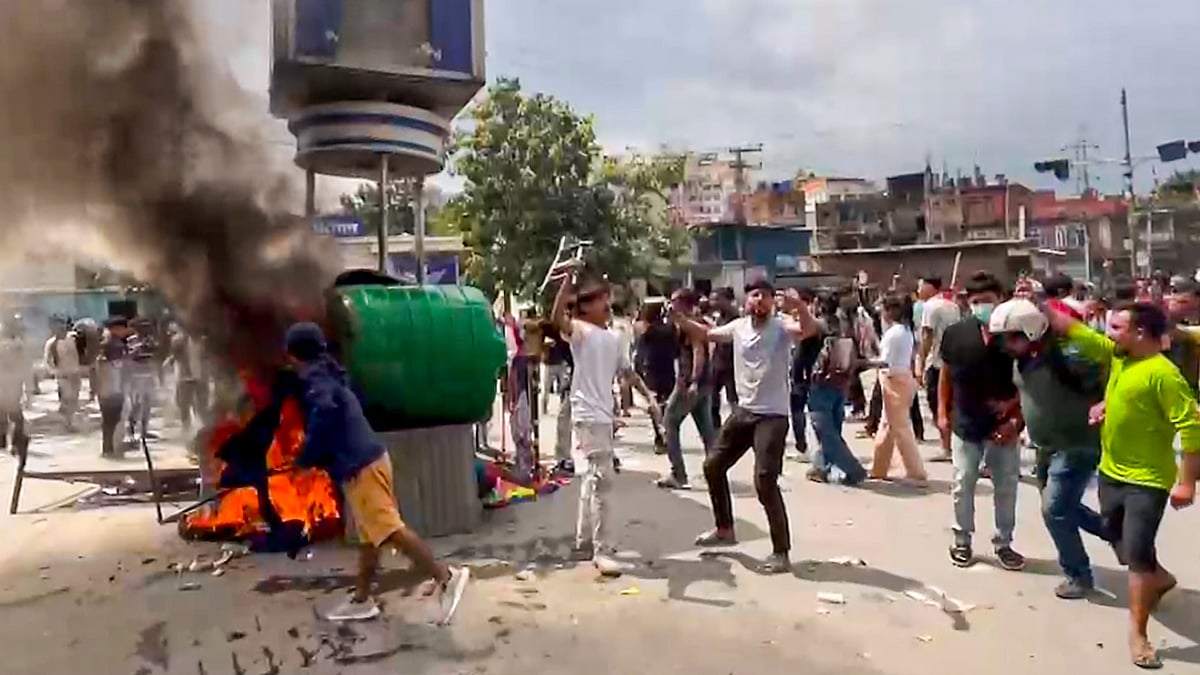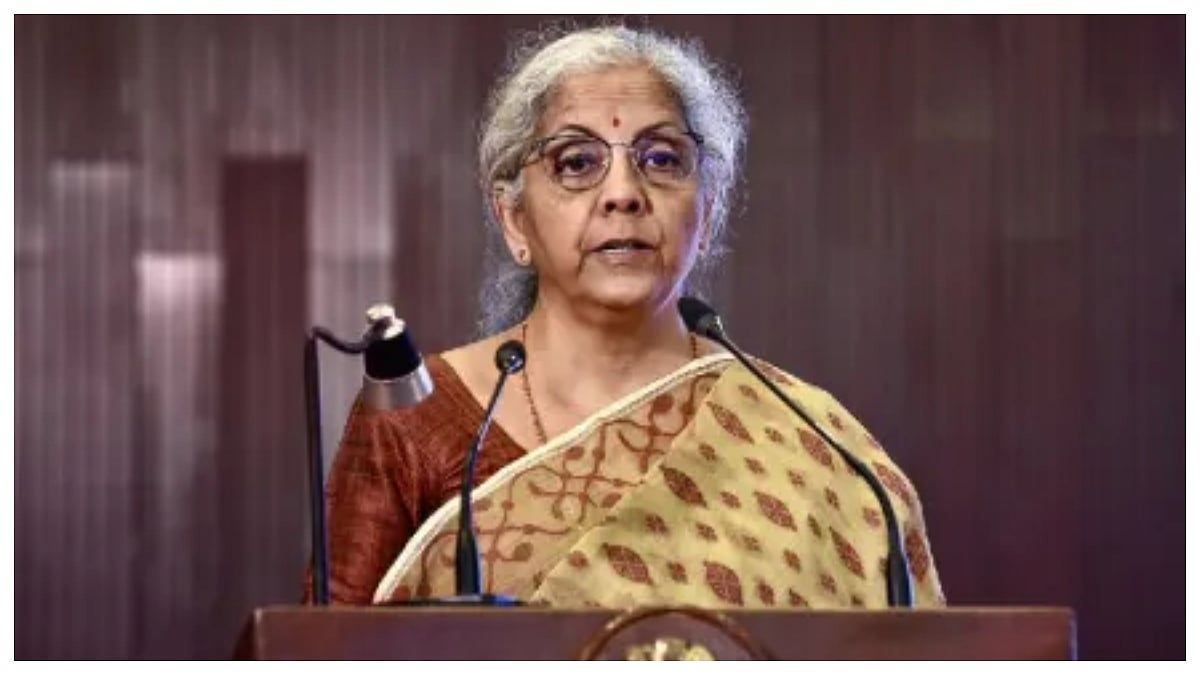The Goods and Services Tax (GST), for long derided as a “not so good or simple tax”, is finally facing the reform axe. The recent slab announcements for rollout in October, are being hailed as a landmark effort to simplify one of the world’s most labyrinthine tax regimes.
By lowering rates on essentials, the government aims to make household goods more affordable, stimulating consumer spending, especially during the frenzied buying season in the run-up to the Diwali festival, when the tax rolls out. However, for all its promise, this reform risks turning into a textbook case of poor timing and policy execution, setting the stage for avoidable supply chain distortions, hoarding, and sticky pricing.
The core mistake lies in announcing the new GST rates far in advance of the taxes being implemented. Prior Indian as well as global experience shows that early announcements of major indirect tax changes often distort market behaviour. Which is why the budget document has always been a severely guarded secret. Consumers are now likely to delay purchases, betting that goods will soon become cheaper. Similarly, retailers could cut back on stocking items, anticipating lower margins. Suppliers may hold back inventory to avoid having to sell at lower rates.
In India’s case, where supply chains are already riddled with inefficiencies, this creates a dangerous cocktail of temporary hoarding, artificial scarcity, and pricing anomalies. The timing couldn’t be worse. With the reforms coinciding with Diwali, the single biggest consumption event in the Indian calendar, market actors are incentivised to game the system. Rather than passing on tax savings immediately, some manufacturers and retailers are likely to keep prices artificially high, exploiting the festive demand surge to maximise profits.
History suggests this phenomenon of sticky pricing will be especially pronounced in industries marked by weak competition or complex distribution networks. Instead of celebrating a simplified tax regime, the average Indian consumer may well face weeks of price volatility, delayed relief, and market confusion as well as market speculations, especially when stakeholders are given ample time to recalibrate in their favour.
Possibly, announcing the new tax rates only closer to the implementation date could have minimised these distortions, preserving market stability and consumer trust. Undoubtedly, market forces and government interventions will eventually bring the system in line. Promotional campaigns, public pressure, and competitive dynamics will push prices toward their new equilibrium. However, till then, speculators may well have a field day.
The government’s stated objective of boosting consumption and supporting economic growth during the festive season could, therefore, face significant short-term headwinds. In the future reforms, the focus must shift toward minimising transition lags rather than maximising political optics.
Ultimately, the GST simplification will deliver benefits, but only after the unnecessary turbulence subsides. The real test will not be in how the policy is announced but in how effectively it is executed amid self-inflicted market distortions. India’s $4 trillion economy, 1.4 billion consumers, and honest businesses perhaps deserve better foresight from our policymakers.
